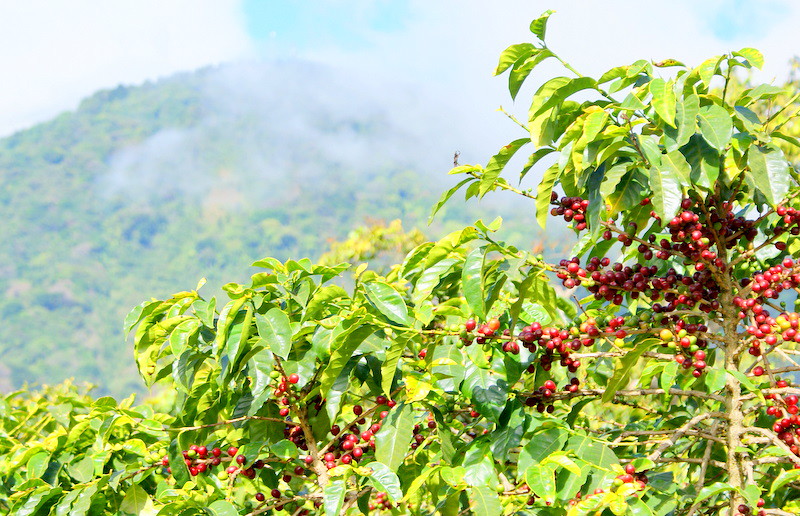By Juan Martinez
RIO TIMES
July 30, 2023
In the first three quarters of the 2022-2023 cycle, revenues from El Salvador’s coffee exports reported a roughly 6% decline, according to official figures.
This follows an evaluation by the Salvadoran Coffee Council (CSC), which indicated that earnings from the grain’s exports amounted to US$115.36 million between October 2022 and June 2023.
Comparatively, in the same period of the preceding cycle, the value of coffee exports hit US$122.7 million, marking a difference of US$7.34 million.
July 30, 2023
In the first three quarters of the 2022-2023 cycle, revenues from El Salvador’s coffee exports reported a roughly 6% decline, according to official figures.
This follows an evaluation by the Salvadoran Coffee Council (CSC), which indicated that earnings from the grain’s exports amounted to US$115.36 million between October 2022 and June 2023.
Comparatively, in the same period of the preceding cycle, the value of coffee exports hit US$122.7 million, marking a difference of US$7.34 million.

(Photo Internet reproduction)
Additionally, the volume of exported coffee saw a reduction, going from 526,772 quintals to the present 500,929 quintals, registering a 4.9% drop.
The United States, Germany, Belgium, Italy, and Japan are the primary importers of this grain, whose harvesting season in El Salvador runs from October to September.
The current cycle has harvested 875,275 golden-berry quintals, contributing to 43,760 jobs in the coffee sector.
In contrast, the 2021-2022 cycle yielded 922,040 golden-berry quintals. Still, the country has not yet recovered to production levels seen pre-2013, when they surpassed 1.7 million quintals.
El Salvador’s coffee farming has been severely impacted by coffee rust fungus and climate crisis, causing it to experience record-low grain production since the 2013-2014 cycle.
Coffee remains the Central American country’s primary agricultural export product.
Additionally, the volume of exported coffee saw a reduction, going from 526,772 quintals to the present 500,929 quintals, registering a 4.9% drop.
The United States, Germany, Belgium, Italy, and Japan are the primary importers of this grain, whose harvesting season in El Salvador runs from October to September.
The current cycle has harvested 875,275 golden-berry quintals, contributing to 43,760 jobs in the coffee sector.
In contrast, the 2021-2022 cycle yielded 922,040 golden-berry quintals. Still, the country has not yet recovered to production levels seen pre-2013, when they surpassed 1.7 million quintals.
El Salvador’s coffee farming has been severely impacted by coffee rust fungus and climate crisis, causing it to experience record-low grain production since the 2013-2014 cycle.
Coffee remains the Central American country’s primary agricultural export product.
No comments:
Post a Comment